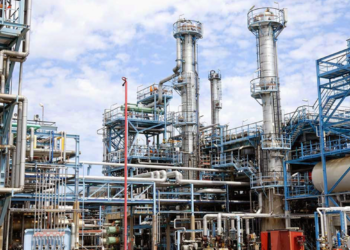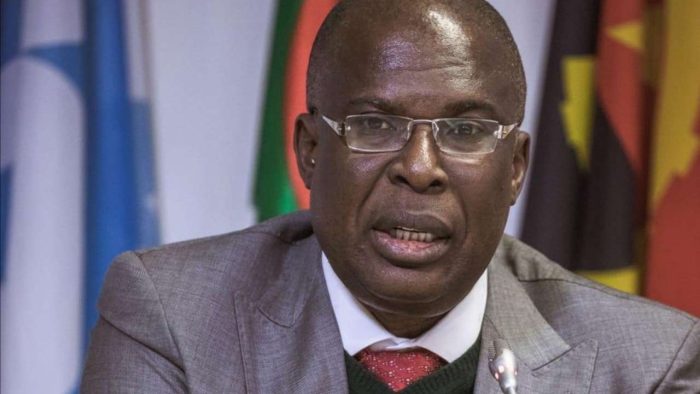The Federal Government has disclosed that the $13 billion Trans-Sahara Gas Pipelines (TSGP) which passes from Nigeria through Niger and Algeria will enable Nigerian gas exports to be competitive in Europe and be an alternative to other sources of Natural Gas as Europe seeks to end Russian reliance on gas.
This was disclosed by Timipré Sylva, Minister of State for Petroleum Resources at a meeting of the parties in Abuja on Monday, according to the News Agency of Nigeria.
Sylva added that the FG alongside Niger and Algeria are committed to commencing the project.
What the minister is saying
The Minister said the project will bring Nigeria’s gas resources closer to the European market, especially with the high cost of gas occasioned by the war between Russia and Ukraine.
“The project takes our gas to the European market directly. Today a lot of gas in Nigeria is stranded or re-injected because there are no infrastructure to take the gas to market.
“This project is going to take the gas all the way from where it is produced to the European market, and it cannot be a better time, because gas prices are quite firm at this point.
“I believe that it is a very good time for us to take advantage of very high gas prices globally,” he said.
He added that it will also enable countries including Chad which is also not far away from the corridor of this project benefit, citing that “So this project has a lot of potential for growing the economies of African countries, West African countries and North Africa,” he said.
Minister of Petroleum, Niger Republic, Mahamadou Mahamane said the countries were ready to pull their resources together to ensure that the project was achieved.
Algerian Minister of Energy and Mines, Mohamed Arkab, said the reactivation of the project would boost the economic development of the countries and assist them to achieve carbon neutrality in line with the global energy transition.
“While being fully part of the project aimed at decarbonising the oil and gas industry in short term, and at achieving carbon neutrality in the longer term, we remain convinced that a global and efficient energy transition cannot take place without the contribution of hydrocarbons.
“As such, natural gas presents itself as an energy of excellence to ensure this energy transition, while ensuring the security of the supply of markets, whose demand is only increasing.
“I invite all the parties and teams to participate actively in the realisation of this important project, within the required deadlines,” he said.
What you should know
- Recall that Nairametrics also reported this month that The Federal Executive Council (FEC) approved for Nigerian National Petroleum Corporation (NNPC Limited) to execute an MoU with the Economic Committee of West African States, ECOWAS, for the construction of the Nigeria-Morocco gas pipeline to take gas from West African countries through Morocco to Spain and Europe.
- Nigeria-Morocco Gas Pipeline was proposed in a December 2016 agreement between the Nigerian National Petroleum Corporation (NNPC) and the Moroccan Office National des Hydrocarbures et des Mines (National Board of Hydrocarbons and Mines) (ONHYM).
- The pipeline would connect Nigerian gas to every coastal country in West Africa (Benin, Togo, Ghana, Cote d’Ivoire, Liberia, Sierra Leone, Guinea, Guinea-Bissau, Gambia, Senegal, and Mauritania), ending at Tangiers, Morocco, and Cádiz, Spain.




















